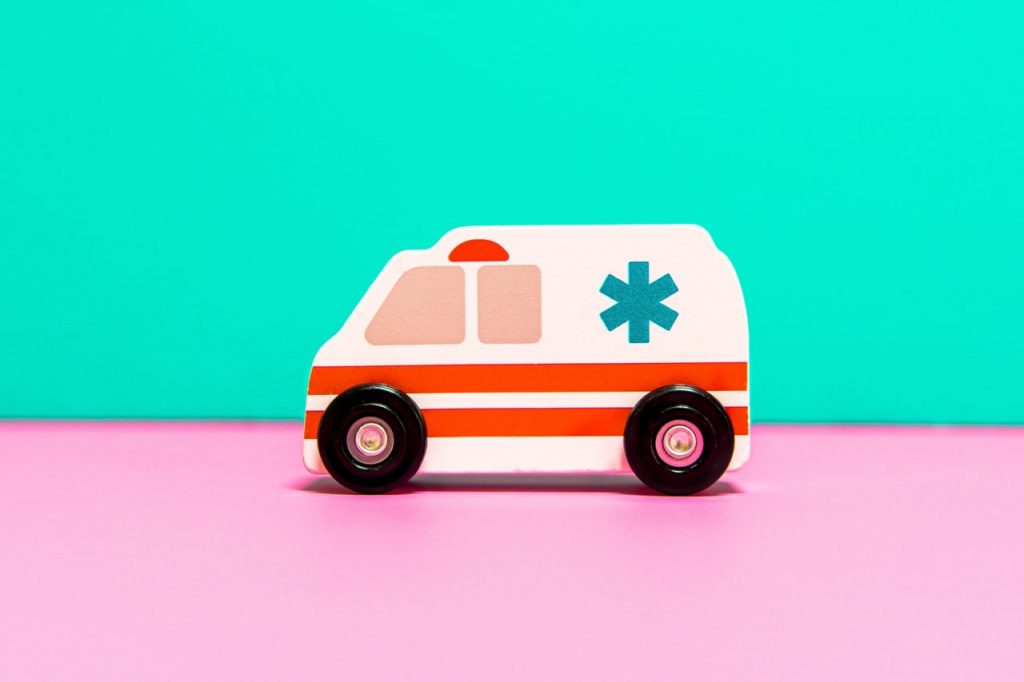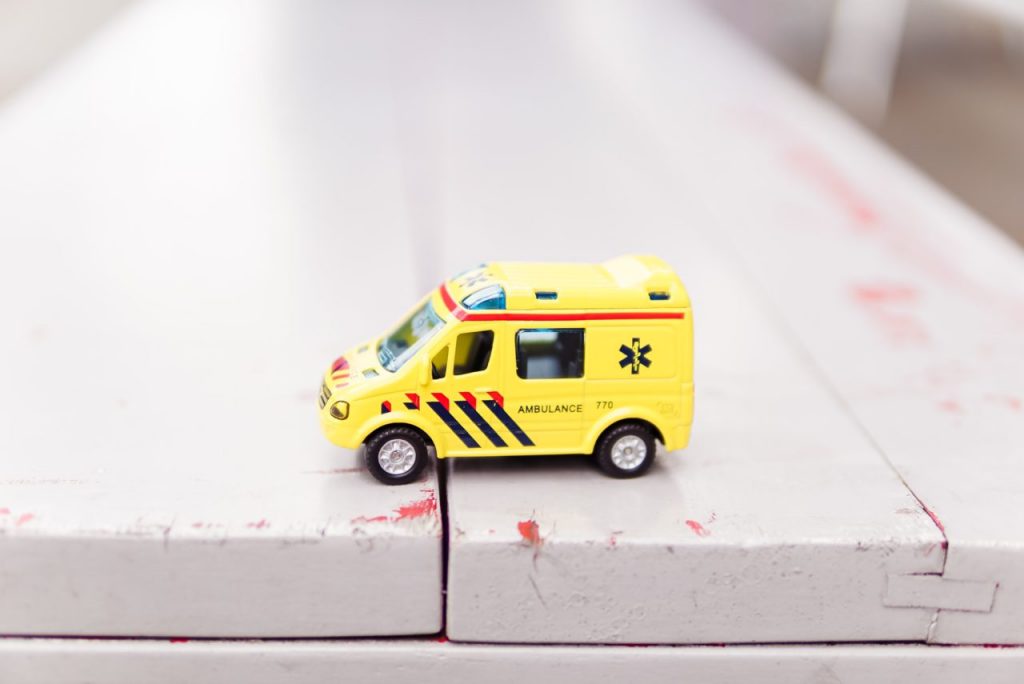Regular (Primary) vs. Emergency Health Care

There is an unsung rule when it comes to health care services, only use them when you have to. But, there are definitely some key differences between primary care and emergency care. Instead of spending hundreds of extra dollars by utilizing the wrong type of care for your ailment, here is a breakdown of everything you need to know about the two:
Primary care:
Also known as regular health care, primary care includes going to see your general practitioner for regular check-ups and when you are sick or mildly injured. Your doctor (if you see a regular one) should know you well and have access to your medical history so they can understand your health better. Head to your available clinic, doctors office or health centre for regular health care services. Each provider will have different costs involved with your visit, so plan ahead, book an appointment and ask about the copayment that you will need to pay so you are better prepared financially.
In-the-network:
Visiting health care providers within your health insurers network is a great way to ensure you have lower-out of pocket costs involved with your visit. However, if you have a specific doctor you want to visit that is out-of-network, you may do so, but it is important to understand that there may be higher fees involved in this visit.
Here are some simple ways you can find out which health care providers are in your health care plans network:
- Visit their website and check their provider directory.
- Call your health care plan provider to ask about specific providers.
- Call your doctor’s office. They can tell you if they accept your health plan by asking you to answer a few simple questions.

Emergency care:
Only seek emergency care when you are seriously injured or very sick, so sick that you cannot possibly go to the doctors. Heading to the emergency room at a local hospital can mean hours of waiting until you are taken care of and the copayment, as well as co-insurance, will usually be higher than primary care. You will also need to ensure you have met your deductible so that you health care plan can help to pay for any services you may require. It is also important to note that doctors or nurses in the emergency department know nothing about you or your medical history, making treatment a little more difficult and less personalized. If you are in a life-threatening or emergency situation always call 911 without hesitation. Your health and safety should always come first!
Important to note:
If you are experiencing a health emergency, please go to the hospital that is closest to your location, you will be able to be treated no matter what. Your health insurance provider cannot ask you to call them prior to being admitted, not can they charge you extra for going to a hospital that is not a part of their network. Every hospital has its own charges and rules in place, so there is no set fee for your visit.




